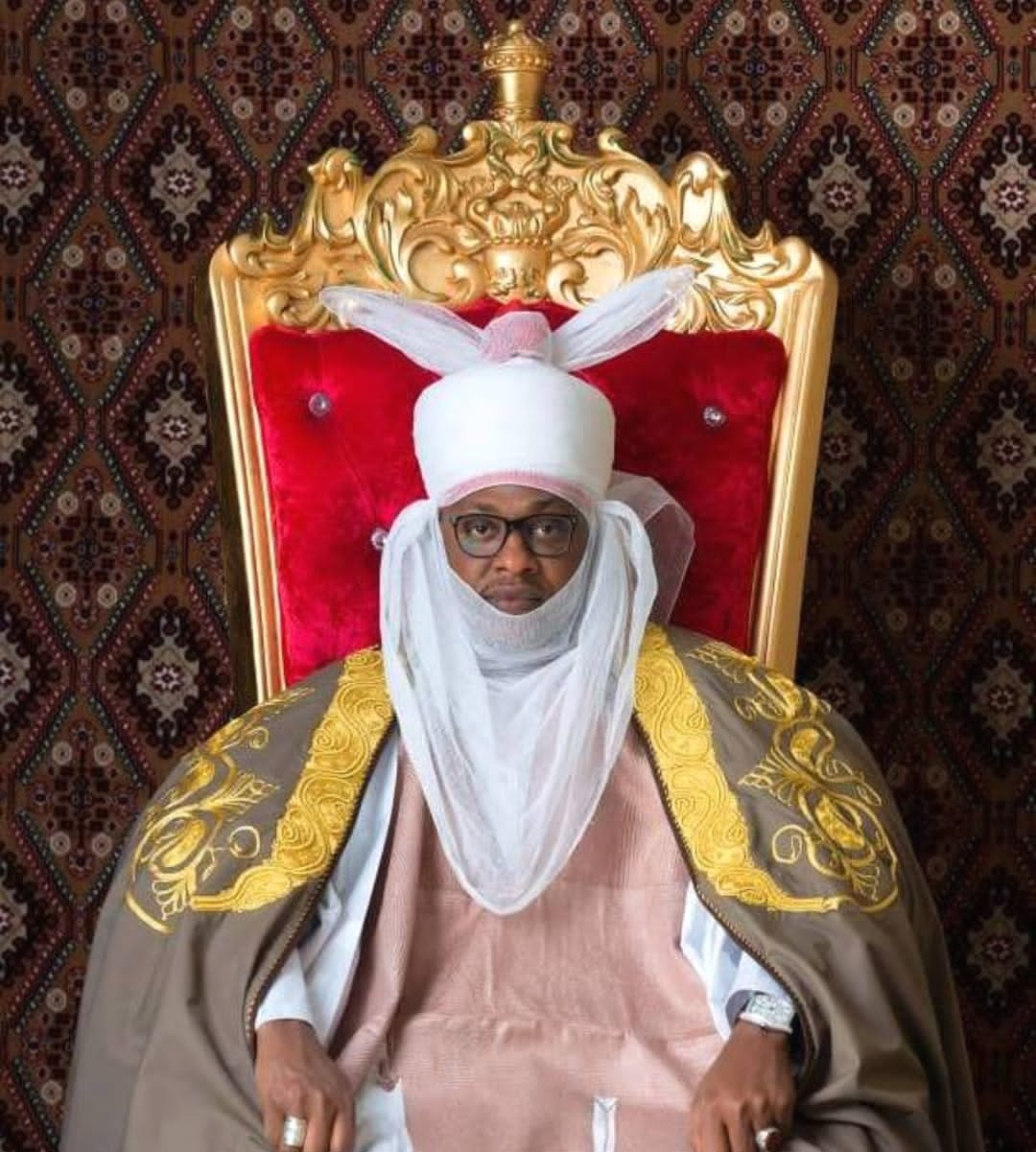Culture
Dujima Faults Balkanization Of Adamawa Emirate

Dujima faults balkanization of Adamawa Emirate
By Adamu Mohammed, Dodo.
Joining the popular call, a traditional title holder in Adamawa Emirate Council and Chairman TILT Group, Alhaji Musa Halilu Chiroma OFR (Dujima Adamawa), has expressed his deep concern regarding the government-led fragmentation of the traditional institution of Adamawa.
The bill establishing Adamawa State Council of Chiefs that was passed into law paving ways for the creation of Emirates, Chiefdoms and Districts in Adamawa State under the wstch of his close associate, Governor Umaru Ahmadu Fintiri, has sparked considerable debate and discontent among various stakeholders in the region.
Dujima observed that the Adamawa state government, through the legislative assembly, has enacted a law allowing for the establishment of additional Districts, Emirates, and Chiefdoms; this move is viewed by many as a direct attempt to dilute the authority and influence of the Adamawa Emirate, presided over by His Majesty, Lamido Muhammadu Barkindo Aliyu Musdafa PhD CFR, who holds the prestigious title of ‘Premier Ruler of Adamawa State.’
According to Dujima, the implications of such a law are significant, as it undermines centuries-old traditional structures that have historically provided stability and governance within the state.
Since the law’s passage, a wide array of influential figures in and outside the state, including other traditional and religious leaders throughout Adamawa, have voiced their strong opposition to this executive and legislative action, alerting that it not only disrespects age-old traditions but also threatens the harmony that has characterised the Emirate for generations. Alhaji Musa Halilu has joined this chorus of dissenting voices condemning the legislation.
In a carefully crafted statement, he made available to the press,, Dujima Adamawa articulated his position, reflecting on a sense of frustration, noting that “since the inception of Governor Ahmadu Umaru Fintiri’s administration, I seldom delve into any political issue or discourse on the activities of the Government for obvious reasons.
“Even though the Constitution of Nigeria accorded the right to Freedom of Expression, I opted to imbibe the doctrine of self restraint or censorship under the present dispensation.
“However, since the passage of the Bill for the creation of additional Districts, Emirates and Chiefdoms by the State House of Assembly, there was intense pressure on me from people within and outside the country over the contentious Bill and the position of the Traditional Institution”.
In light of these pressures and the burgeoning discourse surrounding the bill, Alhaji Musa felt it was imperative to share his perspective as a key stakeholder and a member of the Adamawa Emirate Council, he aimed to clarify misconceptions and present a reasoned critique of the legislative process.
After thoroughly reviewing the new laws governing the establishment of additional Districts and Chiefdoms, he found the rapidity of their passage particularly alarming.
In his view, both the creation of Districts and the Chiefdom law underwent an expedited legislative process that disregarded critical public input and scrutiny.
Dujima pointed out that the legislative assembly operated in a manner that appeared intentional, sidestepping pertinent democratic processes that would have typically encouraged robust debate and examination of the proposed laws; instead, the assembly seemed to facilitate a singular narrative, resulting in superficial legislative outcomes.
When the bills were subjected to committee review, it became evident to him that the committee, which consisted largely of individuals with aligned interests, lacked the diversity of perspectives necessary for a thorough evaluation of the issues at hand.
Dujima lamented that such a lack of critical engagement within a legislative body indicated a troubling scenario where self-interest and ignorance overshadow the principles of sound governance.
With the laws now enacted, Dujima highlighted the complexities surrounding their implementation. He warned that while the motivations for enacting such laws may stem from personal interests, the practical repercussions would soon reveal themselves as significant challenges.
From administrative hurdles related to territorial boundaries to issues regarding the appointment of new rulers, these new structures pose substantial risks of leading to conflict and strife within Adamawa State.
Dujima expressed concern that those who championed this legislation would soon discover that they had birthed a ‘Frankenstein monster’—a system imbued with the potential for chaos and unrest that could engulf not only the architects of the law but also innocent citizens who might inadvertently find themselves drawn into these emerging conflicts.
Dujima further articulated that enacting a law, which concentrates excessive power in the hands of the incumbent governor is a precarious strategy, ultimately offering only fleeting respite from deeper, systemic issues.
He pointed out that such powers are transient and will inevitably be transferred to successors, indicating a lack of permanence in any perceived advantages derived from these changes.
Dujima observed that while more progressive states throughout Nigeria are focusing their legislative efforts on fostering good governance, productivity, and self-reliance, Adamawa’s government seems to be regressing; instead of building upon their communities, they are fragmenting established traditions and stifling democratic engagement, which risks further stagnation in a nation that desperately needs forward momentum.
Dujima emphasised the historical significance of Lamido Muhammadu Barkindo Aliyu Musdafa PhD CFR as the paramount ruler of Adamawa, recognizing his title as ‘Premier Ruler of Adamawa State.’
This designation is deeply rooted in the historical evolution of the region, documented in historical archives, including a report titled ‘Quarterly Report – Adamawa Division’ at the National Archives in Kaduna, detailing the events surrounding British colonial control beginning in 1901.
The British implemented an Indirect Rule system, which necessitated the cooperation of local traditional authority figures, further entrenching the status of the Emirate and its leaders in the socio-political landscape of Adamawa.
As the discussion around the new laws continues, the future of traditional institutions and the socio-political fabric of Adamawa remains uncertain, leaving all eyes on the implementation phase and its potential outcomes for the state’s governance and communal stability.







